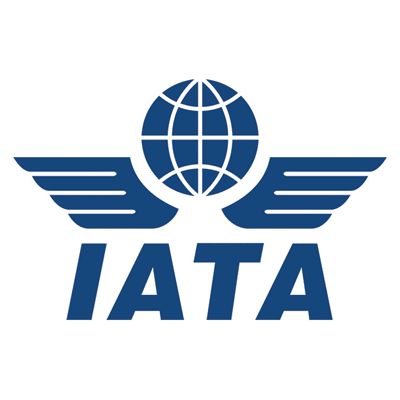Using aviation to further Poland’s economic growth – government should accelerate its support
Posted: 16 May 2012 | IATA | No comments yet
IATA called upon the Polish government to accelerate its pro-aviation policies…


The International Air Transport Association (IATA) called upon the Polish government to accelerate its pro-aviation policies to enable aviation to facilitate economic growth and development in the country.
“Poland sees aviation as an important driver of the economy. And we are eager to work in partnership with the government to build a strong foundation for aviation to deliver even greater economic benefits. Aviation plays a major role in Poland, contributing PLN 6.8 billion to Polish GDP plus an additional PLN 1.6 billion in catalytic benefits through tourism,” said Tony Tyler, IATA’s Director General and CEO while speaking at IATA’s Aviation Day East Central Europe in Warsaw.
However, Tyler noted that some economic opportunities provided by aviation are going unused. “In 2009 there were 18 million air travelers in Poland. This accounts for just 2% of the total European market. Moreover, only 5% of visitors to Poland arrive by air. If we can achieve a common vision to further improving the environment for air transport to do business here, I am convinced that the prospects for Polish aviation are indeed very bright.”
Join us live: Shaping the Next Generation of Hold Baggage and Air Cargo Screening
Join us live for an insightful webinar on 11th December at 14:00 GMT, in collaboration with Smiths Detection, as we explore the strategic balance of operational efficiency, regulatory compliance, and sustainability in high-volume security environments.
This session offers a focused look into future-proofing your security strategy.
Key learning points
- Cost Reduction: Strategies to minimize bag travel time while simultaneously reducing operational costs.
- Regulatory Roadmap: Insights into the next wave of regulatory changes and their impact on future investment decisions.
- Sustainable Systems: Practical approaches to building sustainability into security systems and lowering the total cost of ownership (TCO).
- Scalable Solutions: Real-world examples of scalable systems supporting current airport growth and preparing for tomorrow.
Register now for expert insights, case studies, and actionable strategies on operational efficiency!
Tyler identified two major areas in which IATA is working with the Polish government to make aviation more competitive:
Fuel charges: The price of jet fuel at Warsaw airport is among the highest in Europe largely owing to the monopoly position of the fuel supplier and the lack of cost transparency of fuel facilities and services. “Fuel represents an average of 34% of airline operating costs. Anything that makes it even more expensive is a heavy negative for travel and tourism as well as any business that depends on connectivity,” said Tyler.
The Polish Airports Authority (PPL) recently agreed to changes in how fuel is supplied at Warsaw. In April, a second supplier obtained access to the jet fuel market. “Now we need to ensure that the new supplier can start doing business quickly and with supply capacity that will make it a credible competitor,” said Tyler.
IATA also welcomed the support of Poland’s Air Transport Department in addressing revisions to the Goods and Services Tax Act that resulted in some airlines not being VAT-exempt on fuel purchases for international flights which contravenes International Civil Aviation Organization (ICAO) policies.
Air Traffic Control: This year Polish en routes air navigation charges were reduced by 0.2% and terminal navigation charges saw a 32% reduction. These reductions are mainly the result of a significant reallocation of costs from the terminal navigation charges to the en route cost base, assisted by a traffic forecast significantly higher than the European average.
As a result of the cost-reallocation the Polish en route cost base has actually increased at three times the European average. And the Polish Air Navigation Service National Performance Plan for a 6.7% cost efficiency improvement in the 2012 to 2014 period falls short of the EC target of a 10.1% improvement for the period.
“These are challenges that must be managed. Airlines are under constant pressure to reduce costs and increase efficiency. We therefore look to our air navigation service providers and their regulators to control costs and ensure this service is provided as cost-effectively as possible. We are all in this together,” said Tyler.
“The future of aviation in Poland is very bright. I am confident that government and industry, working together, can put aviation on the flight path toward becoming an even bigger contributor to the country’s economic development,” Tyler said.
Join our free webinar: Beyond silos: How ecosystem thinking elevates the airport experience
In today’s complex aviation landscape, airports are moving beyond siloed operations to embrace a new era of collaboration. This webinar focuses on how leading airports are using ecosystem thinking to adapt, personalize, and continuously improve every touchpoint, boosting both passenger satisfaction and non-aeronautical revenue.
Date: 13 Nov | Time: 10:00 GMT
REGISTER NOW TO SECURE YOUR SPOT
Can’t attend live? No worries – register to receive the recording post-event.













